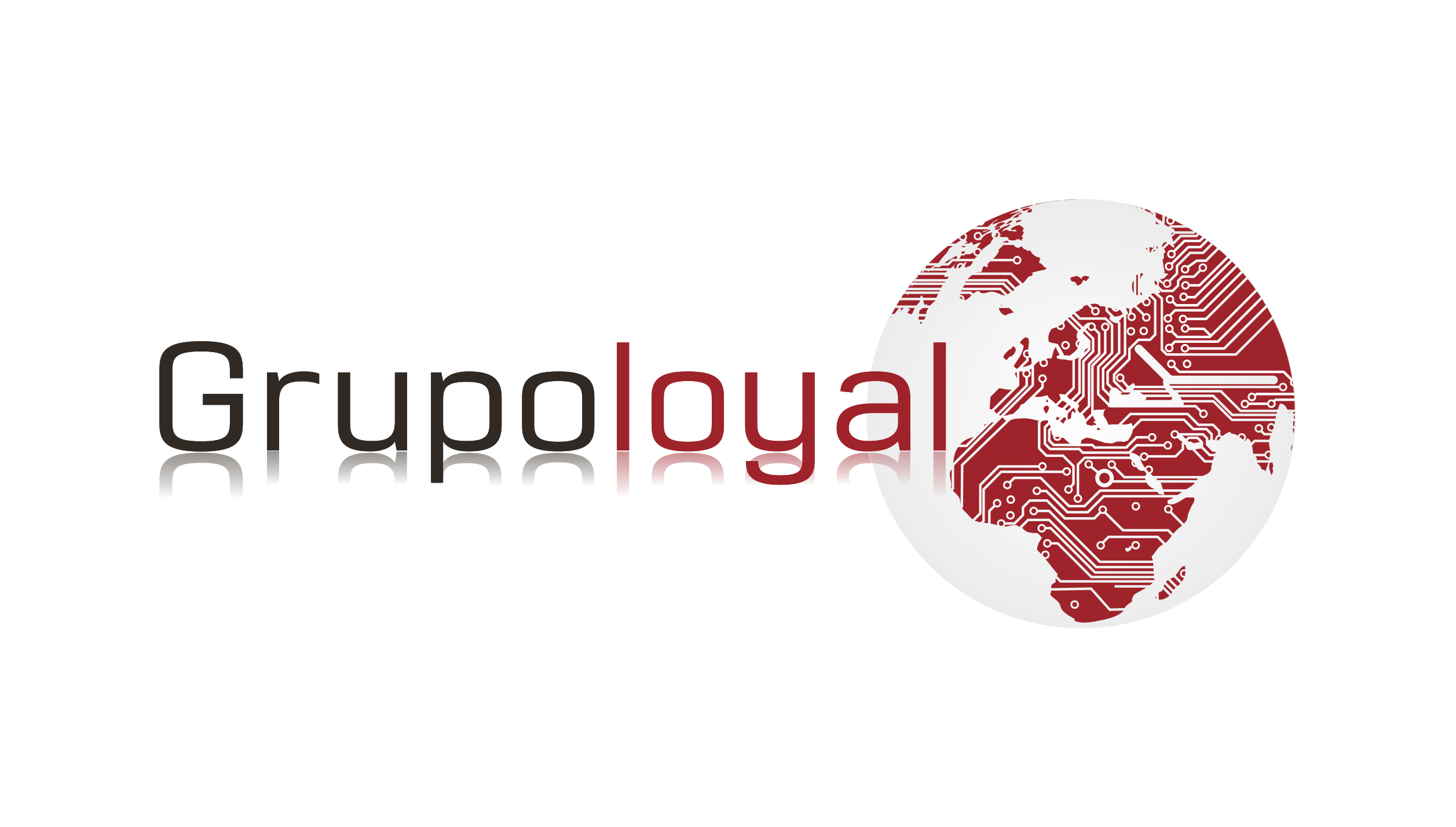
ITIL® Service Capability: Release, Control & Validation
The course builds on the principles covered as part of the ITIL Foundation course and is aligned to the 2011 syllabus. The purpose of this training module and the associated exam and certificate is, respectively, to impart, test, and validate the knowledge on industry practices in service management as documented in the ITIL Service Lifecycle core publications.

Objetivos
Service asset and configuration management
Service validation and testing
Release and deployment management
Request fulfilment
Change evaluation
Knowledge management

servicios

Disponible en formato e-learning

Disponible en formato presencial

Disponible en formato a distancia


Subvención disponible
A través de Fundae, cumpliendo requisitos.


Duración
25 horas
- Dificultad 50%
- Nivel alcanzado 80%


Dirigido a


Conocimientos requeridos
Temario
Introduction to release, control and validation (RCV):
The knowledge, interpretation and analysis of change management principles, techniques and relationships and their application for the effective management of release, control and validation.
The purpose, objectives and scope of service transition lifecycle phase
The RCV processes in relation to service transition
Activities related to overall transition planning and ongoing support
Change management:
The knowledge, interpretation and analysis of change management principles, techniques and relationships and their application for the effective management of release, control and validation
The end-to-end process flow for change management, including its policies, design strategy, concepts, activities, and interfaces with other processes
A measurement model and the metrics that would be used to support change management within RCV practices
The benefits and business value that can be gained from change management and the challenges and risks to be managed
Service asset and configuration management (SACM):
The knowledge, interpretation and analysis of service asset and configuration management principles, techniques and relationships and their application for the effective management of release, control and validation
The end-to-end process flow for service asset and configuration management, including its policies, design strategy, concepts, activities and interfaces with other processes
A measurement model and the metrics that would be used to support service asset and configuration management within RCV practices
The benefits and business value that can be gained from service asset and configuration management and the challenges and risks to be managed
Service validation and testing (SVT):
The knowledge, interpretation and analysis of service validation and testing principles, techniques and relationships and their application for the effective management of release, control and validation
The end-to-end process flow for the SVT process, including its policies, concepts, activities and interfaces with other processes
Test modelling techniques and testing concepts (for example, stakeholder requirements, test conditions, environments, data) and how these test components are used to ensure service quality
A measurement model and the metrics that would be used to support service validation and testing within RCV practices
The benefits and business value that can be gained from SVT and the challenges and risks to be managed
Release and deployment management (RDM):
The knowledge, interpretation and analysis of service validation and testing principles, techniques and relationships and the application of them for the effective management of release, control and validation
The end-to-end process flow for release and deployment management, including its policies, concepts, phases, activities and interfaces with other processes
Release and deployment models and related activities (for example, design, planning, build, pilots, test, transfer, deployment, retirement). and how these activities ensure service quality
A measurement model and the metrics that would be used to support release and deployment management within RCV practices
The benefits and business value that can be gained from release and deployment management
Request fulfilment:
The knowledge, interpretation and analysis of request fulfilment principles, techniques and relationships and their application for the effective management of release, control and validation
The end-to-end process flow for request fulfilment, including its policies, concepts, activities, and interfaces with other processes (for example, RDM, SACM and change management)
Request fulfilment models and related activities (for example, effectiveness of designs, changes, performance) and how these activities help to ensure quality service within RCV
A measurement model and the metrics that would be used to support request fulfilment within RCV practices
The benefits and business value that can be gained from request fulfilment and the challenges and risks to be managed
Change evaluation:
The knowledge, interpretation and analysis of change evaluation principles, techniques and relationships and their application for the effective management of release, control and validation
The end-to-end process flow for change evaluation, including its policies, concepts, activities, interfaces with other processes
Perspectives and considerations for evaluating the effectiveness of a service change
A measurement model and the metrics that would be used to support change evaluation within RCV practices
The benefits and business value that can be gained from change evaluation and the challenges and risks to be managed
Knowledge management (KM):
The knowledge, interpretation and analysis of knowledge management principles, techniques and relationships and their application for the effective management of release, control and validation
The end-to-end process flow for knowledge management, including its policies, concepts, activities and interfaces with other processes (for example CSI processes)
Related concepts (for example, data-information-knowledge-wisdom (DIKW)) and how these activities help to ensure knowledge transfer and improved decision-making
The benefits and business value that can be gained from knowledge management and the challenges and risks to be managed
Release, control and validation roles and responsibilities:
The knowledge, interpretation and analysis of RCV roles and their application for the effective management of release, control and validation
Generic roles that support service transition and the RCV processes
The roles and responsibilities related to transition planning and support, change management, service asset and configuration management, service validation and testing, release and deployment management, request fulfilment, change evaluation, and knowledge management. Where and how these are used, as well as how they fit within the context of service transition.
Technology and Implementation Considerations:
The knowledge, interpretation and analysis of technology and implementation considerations and their application for the effective management of release, control and validation
The technology requirements for service management tools, where and how these would be used within RCV (for example, knowledge management and service asset and configuration management)
The need and benefits of tools that support service transition as related to RCV
Implementing RCV processes in the context of planning and managing change, service operation, project management, risk management, and staff considerations.

Comentarios recientes